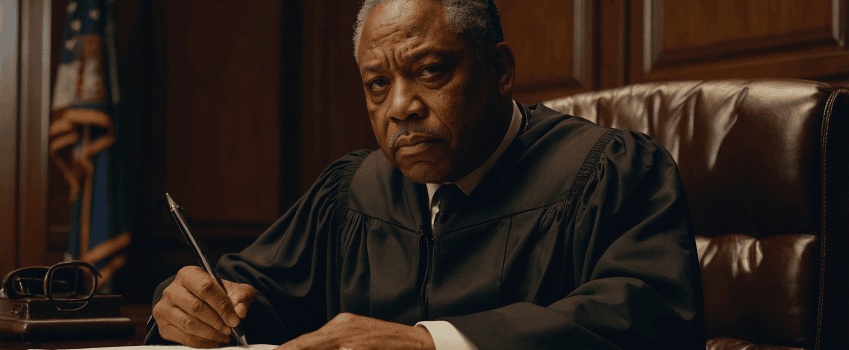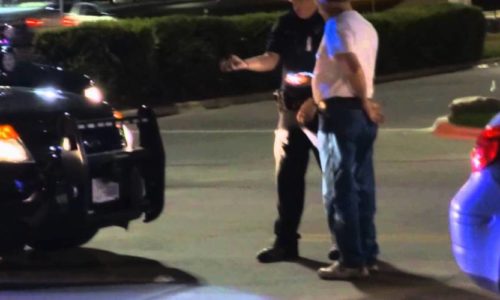What is a Preliminary Hearing?

Understanding Preliminary Hearings in Georgia’s Criminal Justice Process
A preliminary hearing holds a crucial place in the criminal justice process in Georgia. It acts as an important filter, ensuring that only cases with actual supporting evidence proceed further toward a potential trial.
What Is a Preliminary Hearing?
A preliminary hearing, sometimes called an initial hearing, is not a trial but rather a proceeding where a judge decides whether there’s probable cause to believe a defendant committed the alleged crime. The standard of proof here—probable cause—is much lower than the "beyond a reasonable doubt" required at trial. The main purpose is to prevent unfounded criminal cases from advancing in the courts.
Key Steps in the Preliminary Hearing Process
Scheduling and Eligibility: After a person is arrested, they may have a preliminary hearing, usually if they are in custody and have not yet been indicted, especially in felony cases.
Legal Representation: Anyone charged with a crime has the legal right to be represented by a lawyer. A public defender can be appointed if the defendant is indigent. While they may appear without one (pro se), having legal counsel is strongly advised due to the stakes and complexity involved.
Presentation of Evidence: The prosecution presents evidence. They typically bring forth witnesses to speak to the matter. In many cases, this includes law enforcement. The rules of evidence in a preliminary hearing are less strict than jury trial rules.
Defense’s Role: The defense lawyer can cross-examine the prosecution’s witnesses and challenge the strength or credibility of the evidence. The defense may also call witnesses or present evidence, though this is less common at this stage.
Judge’s Determination: After hearing both sides, the judge decides if probable cause exists. The resulting actions are generally:
- If probable cause exists, the case will move forward. Felony case will be tried in Superior Court. Misdemeanor cases are settled in either State Court or Superior Court, depending on the specific circumstances and the county.
- If probable cause does not exist, the charges are dismissed and the case is dropped.
Bond Considerations: Although not the main purpose, judges may also review or reconsider a defendant’s bond during this hearing if requested.
How Defense Attorneys Seek Dismissal at Preliminary Hearings
A savvy defense attorney seeks to use the preliminary hearing as a chance to show a judge that the prosecution lacks the evidence to move the matter forward. A defense lawyer will develop a plan to strategically question witnesses. The goal is to create doubts and find flaws in the prosecution’s arguments. Flaws such as inconsistent testimony, tainted evidence, and police misconduct may become legal reasons to drop the case.
If the judge believes the prosecutor has not established probable cause, the criminal charges are dismissed. The case is then dropped, and the defendant is free to go. However, in some felony cases, prosecutors may try to revive the case via a grand jury. In most cases, dismissal at the preliminary hearing ends the matter.
Summary and Key Takeaways
Preliminary hearings are essential to the criminal justice process in Georgia. They safeguard individuals from unfounded prosecutions and provide an early opportunity for defense attorneys to challenge weak cases—sometimes leading to dismissal of charges without ever going to trial. If facing charges, it is vital to consult with an experienced Georgia criminal defense attorney to ensure your rights and interests are protected throughout this process.
Footnotes and Credits
Photo courtesy of Pixabay


